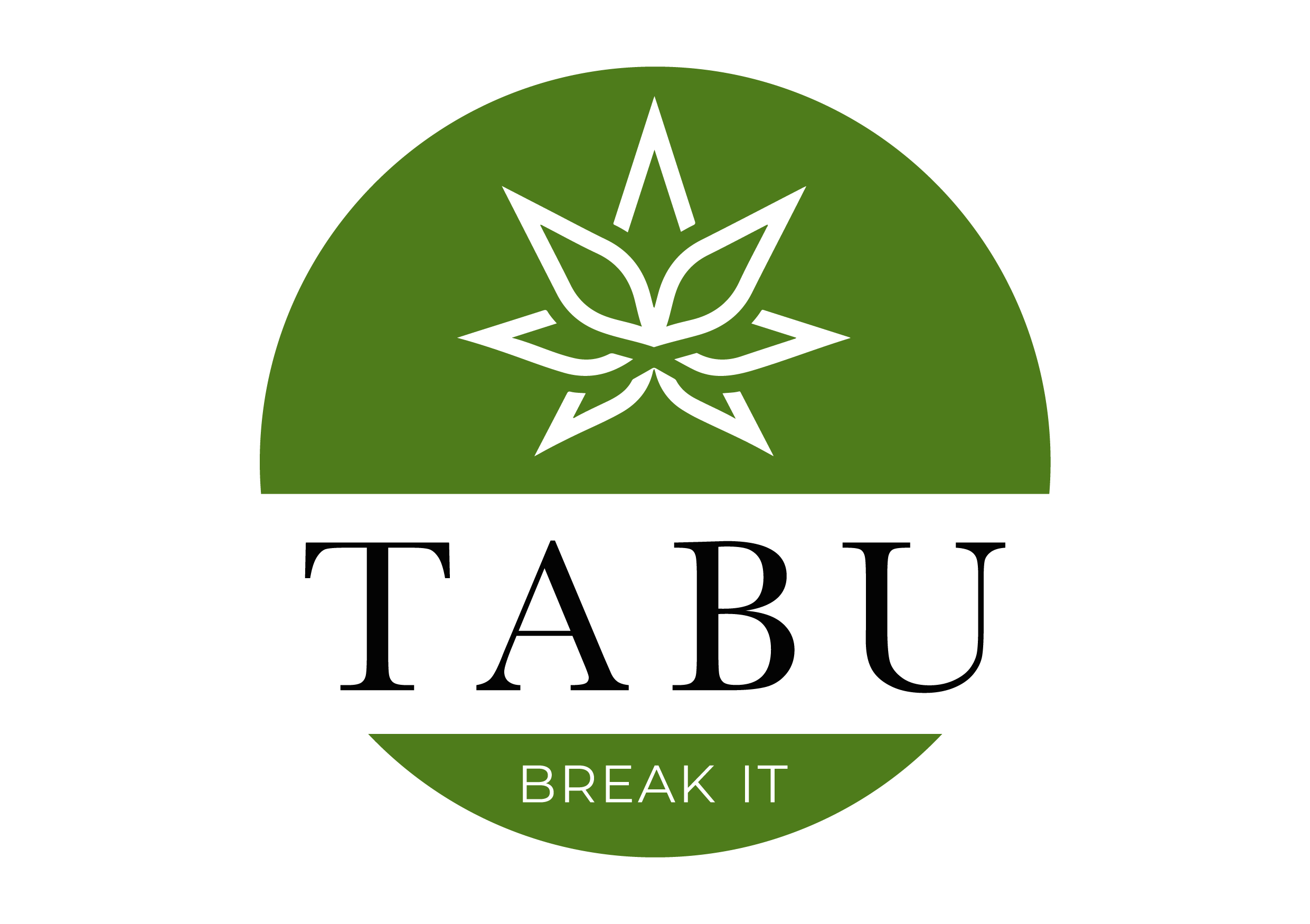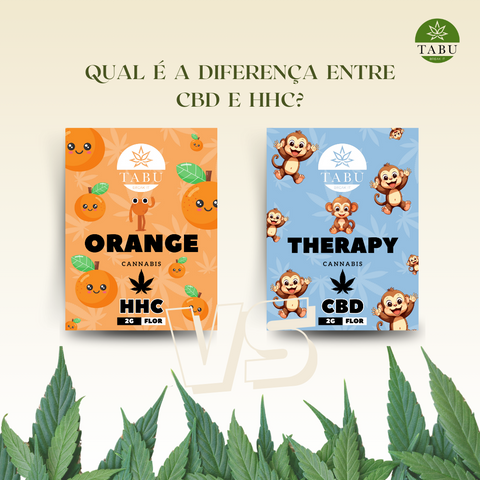CBG, or cannabigerol, is a cannabinoid present in small amounts in the hemp plant. It is the precursor molecule for other cannabinoids, which means that when CBG-A (the acidic, inactive form) is heated, it breaks down to form compounds such as CBD, CBG, CBC and THC.
Since CBG makes up approximately 1% of the hemp plant, it is difficult to obtain sufficient quantities for extensive research. In fact, although researchers believe that CBG may be thousands of years old, our knowledge of its composition and medicinal uses is still very limited.
As mentioned above, research into CBG is quite limited. However, some studies suggest that the cannabinoid may have certain medicinal benefits. Some of the health pathologies that are currently being studied in conjunction with the use of CBG are:
INFLAMMATORY BOWEL DISEASE (IBD) AND COLITIS - Irritable bowel syndrome and colitis are diseases that cause inflammation and ulcers along the inner lining of the large intestine (colon) and rectum. CBG may help relieve the pain symptoms of colitis. On the other hand, IBD patients experience improvements in the following conditions after using CBG: abdominal pain, cramps, lack of appetite, diarrhea, weight loss, and nausea. However, the isolated effect of CBG on these symptoms needs to be further explored.
GLAUCOMA AND INTRAOCULAR PRESSURE - Glaucoma is an eye disease that can damage the optic nerve, often caused by abnormally high pressure in the eye (intraocular pressure). According to two studies conducted in 1990 and 2008, respectively, CBG and related cannabinoids may be partially responsible for reducing the intensity of glaucoma and intraocular pressure. This could have extremely positive implications, because while patients currently use THC to manage glaucoma, CBG offers a solution without intoxicating effects.
BACTERIAL INFECTIONS - MRSA (methicillin-resistant Staphylococcus aureus) is a potentially fatal bacterial infection that is resistant to methicillin, a common antibiotic. A 2008 study showed that CBG could serve as a promising antibacterial agent capable of rendering drug-resistant bacteria ineffective.
In conclusion, CBG is a non-psychoactive compound and precursor to the popular cannabinoids CBD and THC and has several therapeutic effects, where awareness of the fact that CBG is 100% THC-free is increasing and, therefore, its applicability is becoming widespread in patients undergoing treatment .




Comments (0)
There are no comments for this article. Be the first one to leave a message!